Millions of households will pay hundreds of pounds more in tax than planned next year as most of the mini-budget announcements made just three weeks ago by the then chancellor, Kwasi Kwarteng, have been reversed.
His successor, Jeremy Hunt, scrapped plans for an income tax cut, which would have saved some families hundreds of pounds a year. However, the 1.25 percentage point increase in national insurance payments will still be axed in November, meaning some will still benefit from a reduced tax bill. Here look at how the announcement will affect the finances of nine typical households.
Single
Earns £34,000
 View image in fullscreen
View image in fullscreen
Current status Pays £4,284 a year in income tax with a national insurance (NI) bill of £2,839, leaving a pay packet of £2,240 a month.
Under Kwarteng’s original plan The cut in the basic rate of income tax from 20% to 19% would have lowered his annual tax bill by £214, while the cancellation of the 1.25-percentage point increase in NI contributions from November would make him £22 a month – or £268 a year – better off. Overall, he would pay £482 less in tax.
Under Hunt’s revised plan He will still pocket an extra £268 a year due to the NI changes but loses out on the income tax savings.
Single, one child
Earns £6,916 working 14 hours a week on minimum wage
 View image in fullscreen
View image in fullscreen
Now She does not pay income tax or national insurance due to her low salary. She takes home £576 a month, which is topped up by a £623 universal credit (UC) payment and £87 child benefit. She will also receive the £650 of cost of living payments.
Original plan She will get a pay rise when the minimum wage – currently £9.50 an hour – goes up in April 2023. However, as she currently works less than 15 hours a week, she will be under pressure to do more hours or see her UC payments cut.
Revised plan Her financial situation does not change from the original plan.
Single, 25
Unemployed
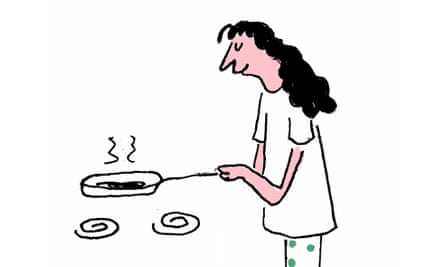 View image in fullscreen
View image in fullscreen
Now In this tax year (2022/23) she receives a UC payment of £335 a month, or £4,019 annually. She might get financial support for her housing costs, but the amount depends on where she lives. She received one cost of living payment of £326 in July, and will get another worth £324 this autumn.
Original plan UC payments will go up when the new tax year begins in April, but it has not been confirmed whether this will be in line with inflation. The government says UC claimants working less than 15 hours a week have to show they are trying to get more work or risk a reduction.
Revised plan The mini-budget announcement won’t impact her and she will still get the benefits uplift.
Unmarried couple in their 30s, no children
First income £55,000, second income £35,000
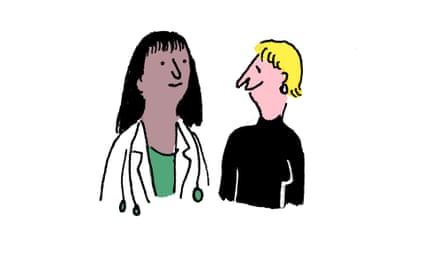 View image in fullscreen Illustration: Hannah Robinson
View image in fullscreen Illustration: Hannah Robinson
Now This couple have a combined annual income tax and national insurance bill of £22,034, and a total monthly income of £5,664.
Original plan The income tax changes would have been worth £562, and combined with the NI savings of £760, the couple would have saved £1,322.
Revised plan Following the announcement that the income tax changes will be scrapped, they will still save £760 a year from the NI changes.
Unmarried couple, two children, one with disability
First income £23,000, second income £5,928
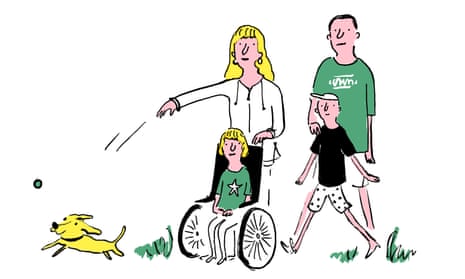 View image in fullscreen
View image in fullscreen
Now This family has a combined income tax and NI bill of £3,466 and a monthly take-home pay of £2,122. Their income is supplemented with a UC payment of £623 plus £145 in child benefit. They will also get a total of £800 in cost of living payments.
Original plan The cut to the basic tax rate would have been worth £104 per year but their annual UC would have been reduced by about £120 due to their higher pay. Overall, the couple would have had an extra £114 in their pocket. The NI change is worth £11, or £130 a year, but they will only be up £5 a month because their UC will be adjusted accordingly.
Revised plan The family still make the NI saving of £130 a year, but lose out on the income tax saving. They will benefit from the uplift in benefits in April.
Married couple, three children
One income of £57,000
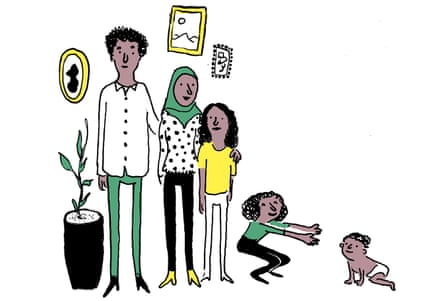 View image in fullscreen
View image in fullscreen
Now The breadwinner pays £10,228 a year in income tax and £5,214 in national insurance. The family has a monthly income of £3,463 plus £61 child benefit.
skip past newsletter promotion
Sign up to Business Today
Free daily newsletter
Get set for the working day – we’ll point you to all the business news and analysis you need every morning
Enter your email address Enter your email address Sign upPrivacy Notice: Newsletters may contain info about charities, online ads, and content funded by outside parties. For more information see our Privacy Policy. We use Google reCaptcha to protect our website and the Google Privacy Policy and Terms of Service apply.
after newsletter promotion
Original plan The scrapped income tax changes would have been worth £377 a year, which, combined with the £46 a month NI savings, would have saved them £932 annually.
Revised plan The family will lose out on the income tax saving of £377, and will save £555 from the NI changes.
Married couple, two children
Both unemployed, one a full-time carer
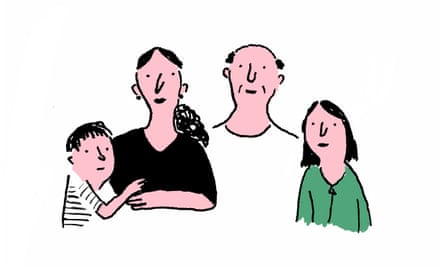 View image in fullscreen Illustration: Hannah Robinson
View image in fullscreen Illustration: Hannah Robinson
Now The wife is a full-time carer for her disabled husband, meaning they are entitled to a monthly UC payment of £1,583 plus £145 child benefit. They will also get £800 worth of cost of living payments.
Original plan Their finances will benefit from the uprating of benefits in April but there was nothing in the initial mini-budget to help them. The government has not said whether the cost of living payments will be repeated next year.
Revised plan Hunt’s announcement will not change their financial situation.
Married couple
First income £200,000, second income £100,000
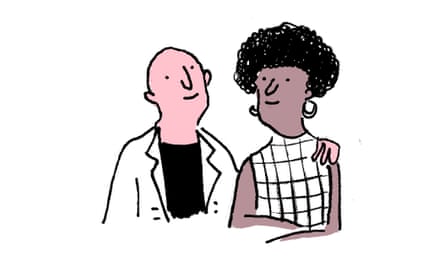 View image in fullscreen
View image in fullscreen
Now This high-earning couple pay £102,388 a year in income tax and £16,473 in national insurance, resulting in a combined monthly income of £15,095.
Original plan Kwarteng’s plans would have made this couple richer. The income tax changes, including axeing the 45% top rate on earnings over £150,000, would have saved them £3,254 a year. The £286 a month savings from the NI change would have put an extra £3,436 a year in their pockets. In total, they would have saved £6,690 a year.
Revised plan They will no longer benefit from the income tax changes, meaning they will now just get the £3,436 in NI savings.
Single pensioner
Basic state pension
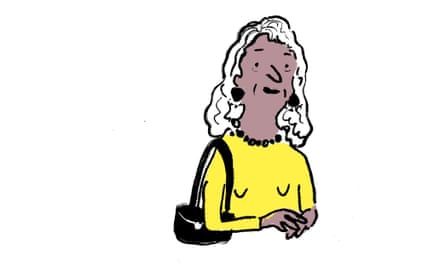 View image in fullscreen
View image in fullscreen
Now Her state pension is £141.85 per week or £567 per month, and she also gets the pension credit top-up worth £163. She will also receive £950 in cost of living payments.
Original plan She didn’t benefit from any of the tax changes announced last month. However, she will receive the annual uplift in the state pension. The state pension is subject to the “triple lock”, which means it will rise in April by the highest of three possible figures: September’s inflation rate, average earnings or 2.5%.
Revised plan There is no change to her financial situation following Hunt’s announcement.
Married pensioners in their 70s
State pension plus private pension of £8,000
 View image in fullscreen
View image in fullscreen
Now The retired couple’s combined pensions give them a monthly income of £1,624. They pay £307 a year income tax on their private pension. They will receive the pensioner cost of living payment worth £300.
Original plan They will benefit from the annual rise in the state pension in April next year. The income tax change would have left them £15 a month better off.
Revised plan The couple will lose out on the £15 a month saving, costing them £180 a year.
-
Figures produced by Dan Rust of DBR Consulting based on income tax rates in England, Wales and Northern Ireland, with annual and monthly figures rounded to the nearest pound.
The endnote on this article was amended on 18 October 2022 to clarify that the figures are based on income tax rates in England, Wales and Northern Ireland.




